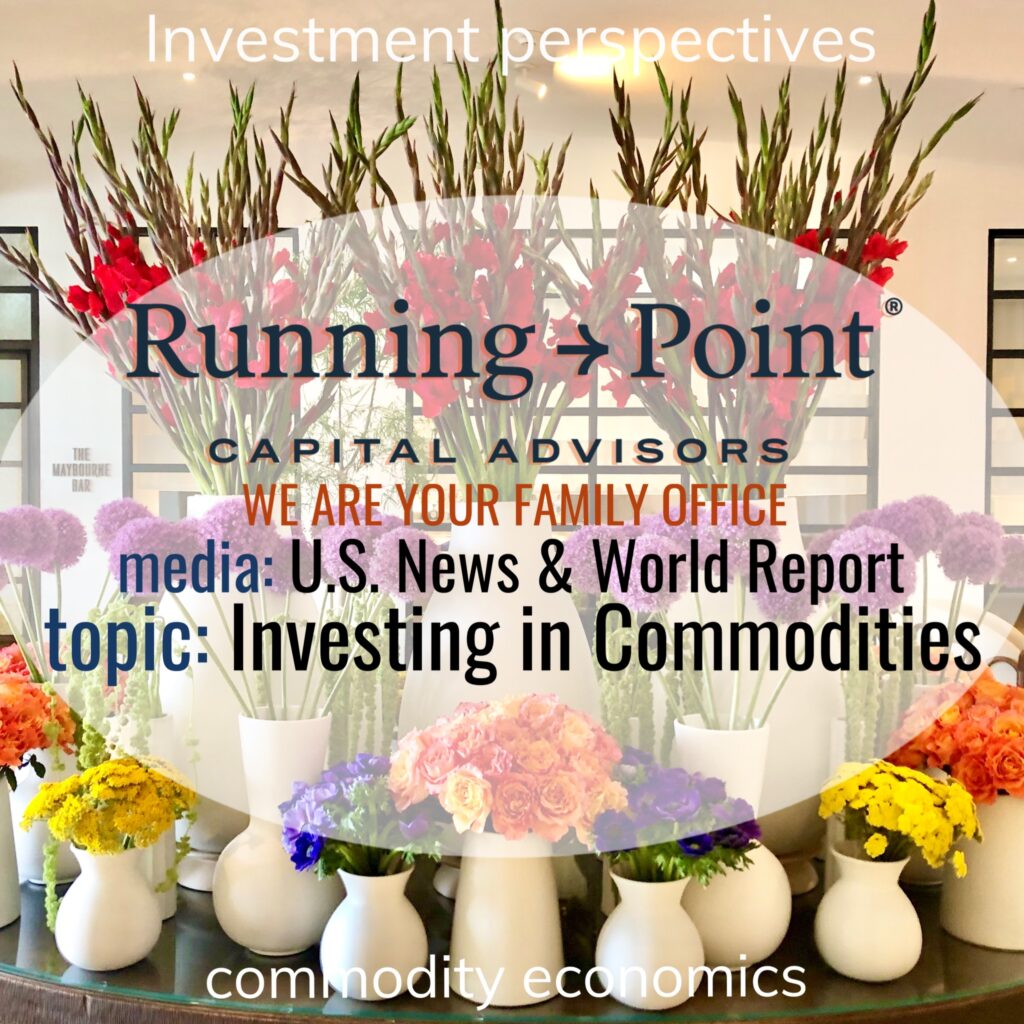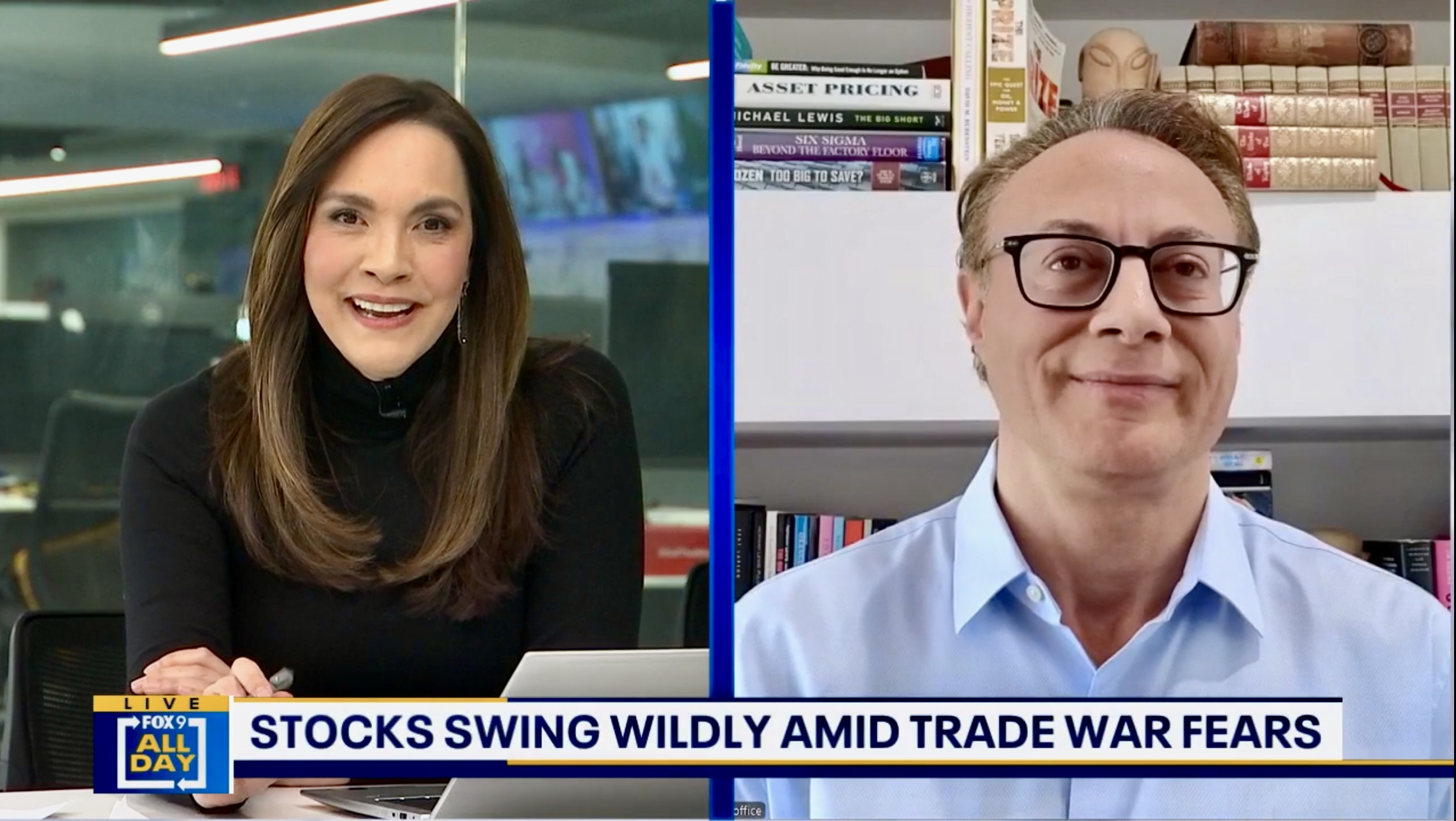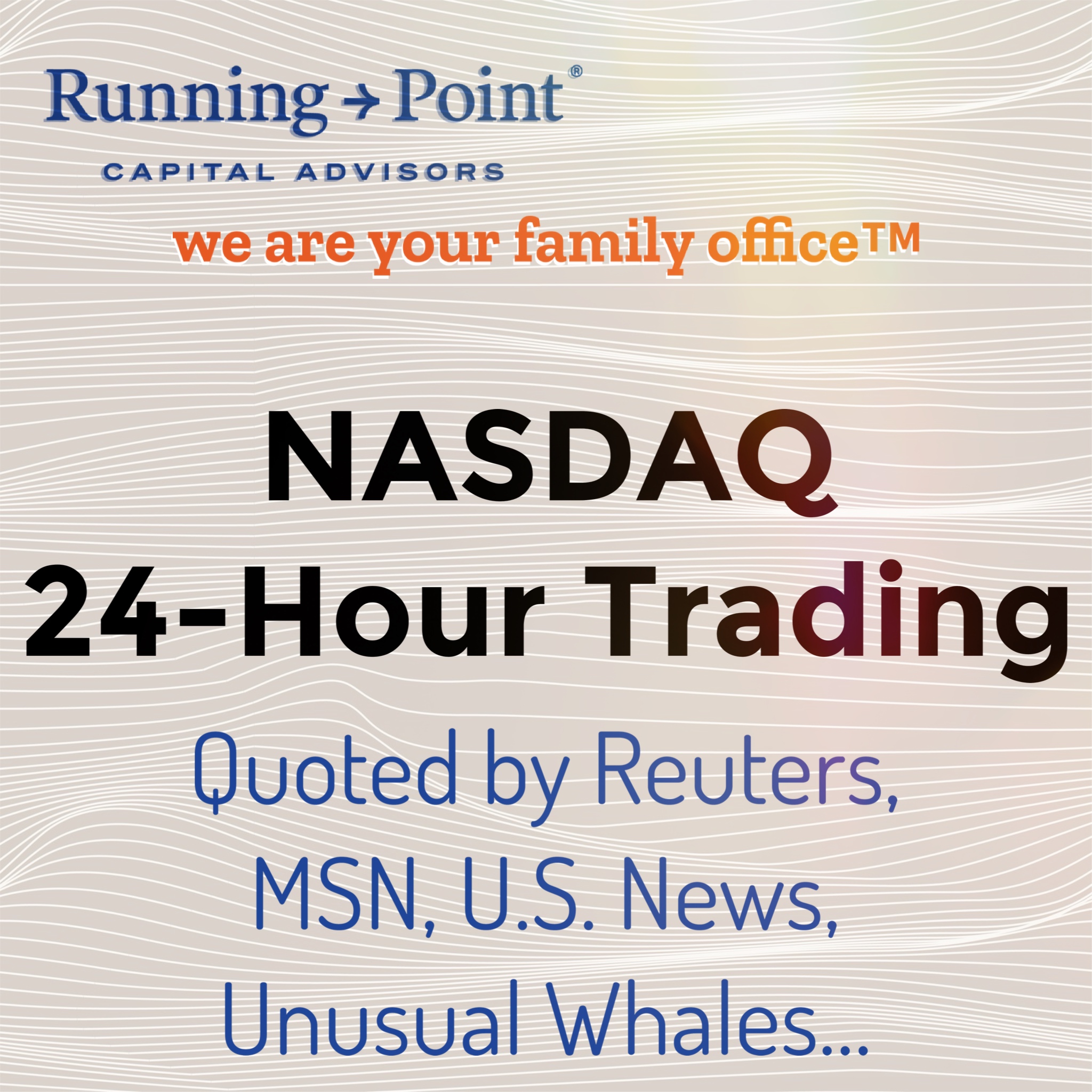Commodity attributes
Running Point and its chief investment officer, Michael Ashley Schulman, CFA, were quoted by U.S. News & World Report in an article — by reporter Matt Whittaker, “How to Invest in Commodities” — regarding how and why to invest in commodities (industrial metals, precious metals, oil, livestock, and agriculture).
What are commodities?
Common commodities that investors consider are oil, precious metals, industrial metals, livestock, and agriculture. Amongst them, oil and industrial metals tend to be the most economically cyclical and agriculture the most weather dependent. Nonetheless, agriculture does have some economic variability and oil and mining production can be shut down by weather related wind storms, floods, or fires.
Commodity production economics
One of the most important things to understand about commodities is that their production economics work in the opposite direction of most other industries. Most manufacturing industries have mass economies of scale; i.e., the more that is produced, the lower the marginal cost of each item; in a recession, as production declines, the marginal production cost of each item increases. With commodities, it is often the opposite!
Commodity producers usually mine or harvest the easiest and cheapest sources first and then go further afield towards more expensive operations as they expand. In an economic downturn, marginal costs per unit often decline because the most expensive fields, wells, or mines are the first to be shuttered; therefore, even though less is produced, margins often improve.
Quoted article excerpts are below:
“Commodity-focused exchange-traded funds, exchange-traded notes and mutual funds are probably among the simplest ways for investors to gain exposure to various commodities without directly owning the physical assets.” – Michael Ashley Schulman, chief investment officer, Running Point Capital.
“Oil and industrial metals tend to be the most economically cyclical and agriculture the most weather dependent,” says Michael Ashley Schulman, chief investment officer with Running Point Capital, a multifamily wealth management firm in Southern California. “Nonetheless, agriculture does have some economic variability, and oil and mining production can be shut down by … windstorms, floods or fires.”
“Commodity-focused exchange-traded funds, exchange-traded notes and mutual funds are probably amongst the simplest ways for investors to gain exposure to various commodities without directly owning the physical assets,” Schulman says.
These types of investment vehicles can offer single-ticker diversification among types of commodities or holdings of multiple production companies to minimize risk. They can also offer exposure to physical commodities without having to take delivery of the materials.
Schulman cautions that along with commodity risk, ETNs carry the credit risk of the financial institution that issued them.

Commodities — Photography and Graphic design by Yrtist.com
When you look at a commodities market you need hedgers and speculators. If you don’t have one, you don’t have a market. That’s how it works.
T. Boone Pickens
Disclosure: The opinions expressed are those of Running Point Capital Advisors, LLC (Running Point) and are subject to change without notice. The opinions referenced are as of the date of publication, may be modified due to changes in the market or economic conditions, and may not necessarily come to pass. Past performance is not indicative of future results. Forward-looking statements cannot be guaranteed. Running Point is an investment adviser registered with the U.S. Securities and Exchange Commission. Registration does not imply a certain level of skill or training. More information about Running Point’s investment advisory services and fees can be found in its Form ADV Part 2, which is available upon request. RP-23-61


